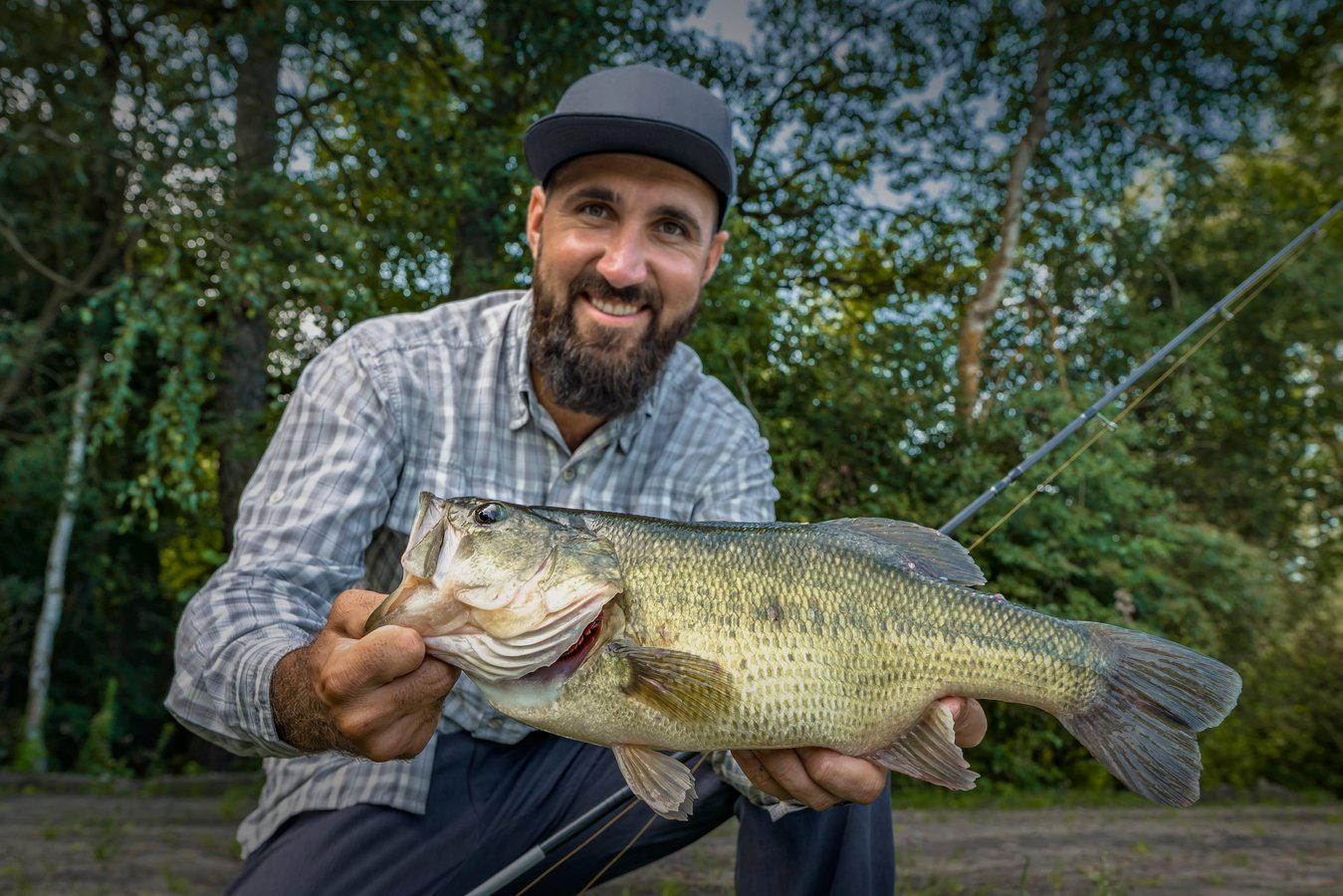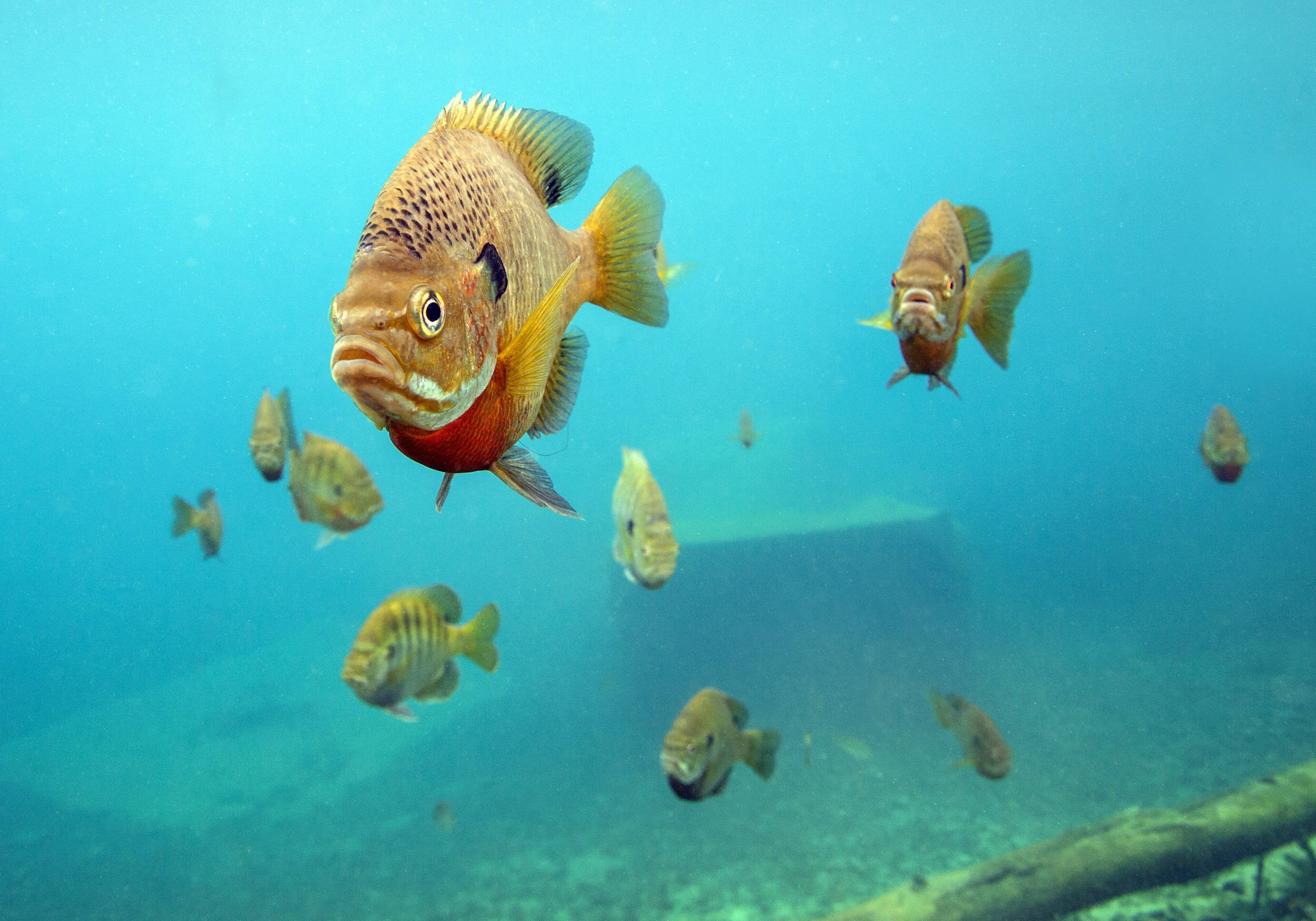How Often Should You Stock Your Pond? A Guide for Wisconsin Pond Owners

Why One-Time Fish Stocking Isn't Enough
At Wisconsin Lake and Pond Resource, we know that a well-stocked pond offers more than just great fishing—it builds a healthy aquatic ecosystem and provides lasting enjoyment. Many pond owners believe that stocking once means the job is done. But the truth is, maintaining a vibrant, balanced pond requires routine fish restocking and ongoing pond management.
Over time, natural changes like fish aging, competition for food, and limited reproduction impact pond health. If you want to keep your pond productive and your fishing experience exciting, routine pond fish management is essential.
What Happens After the First Fish Stocking?
Even with a carefully designed pond fish stocking plan, your pond’s fish community will shift. Without regular evaluation and restocking, you may see declines in fish growth, abundance, or overall pond health.
Here's why fish restocking services are a key part of a successful private pond management plan.
1. Stunted Largemouth Bass
Largemouth bass thrive when they have a steady supply of forage fish like bluegill or fathead minnows. Without enough food, bass can become stunted, stuck at smaller sizes.
Restocking Tip:
Supplement your pond with forage species like fathead minnows and golden shiners, especially in the spring and fall when bass need the most energy.
Helpful Resources:
- Oklahoma Department of Wildlife Conservation - How to Fix a Stunted Bass Pond
- N.C. Wildlife Resources Commission - Largemouth Bass Stunting and the Prevalence of Small Bass
2. Bluegill Overpopulation
Without enough predators, bluegill can overpopulate. Overcrowded ponds lead to skinny, undersized bluegill and an imbalanced fishery.
Restocking Tip:
Boost your predator fish numbers—such as largemouth bass or hybrid striped bass—to keep bluegill populations in check and maintain a healthy food chain.
Helpful Resources:
- Virginia Department of Wildlife Resources - Pond Management: Managing Fish Populations
- Illinois Department of Natural Resources - The Big Bluegill Experiment
3. Declining Fish Populations
Natural mortality, oxygen crashes, fishing pressure, or water quality problems can all reduce fish numbers over time—even if you don't immediately notice.
Restocking Tip:
Plan to restock both gamefish and forage fish every few years to sustain good fishing action and a healthy aquatic balance.
Helpful Resources:

Trophy largemouth bass require a robust forage base. Studies have shown they require 10 lbs. of forage to covert to 1 lb. of body weight.

Stocking fathead minnows and golden shiner minnows 2-3x annually helps bolster the forage base.


Fish Species That Require Routine Restocking
Some fish species must be routinely stocked because they don’t reproduce consistently in small ponds:
- Hybrid Bluegill: Great for sport fishing but limited reproduction means they require regular stocking.
- Channel Catfish: Catfish need specific spawning conditions—without them, restocking is necessary.
- Fathead Minnows & Golden Shiners: Essential forage species that should be restocked regularly to maintain predator growth.
How Often Should You Restock Your Pond?
While every pond is unique, a good rule of thumb is:
- Evaluate fish populations every 2–3 years.
- Restock forage fish 2-3x annually
- Restock gamefish every 2–4 years, depending on pond conditions and your goals.
Fishing memories start with abundant, healthy fish populations. Whether you’re fishing with family or aiming to grow trophy bass, having a strong, balanced fishery keeps every fishing trip exciting. Routine forage fish and gamefish stocking ensures your pond stays active, productive, and enjoyable for years to come.
At Wisconsin Lake and Pond Resource, we’re committed to helping pond owners across Wisconsin achieve thriving, healthy ponds. Whether you're looking to improve fishing, balance your ecosystem, or boost pond health, our fish stocking services and pond management programs can help. Contact us today to develop a custom restocking plan and keep your pond full of life!
About Wisconsin Lake & Pond Resource, A Jones Lake Management Partner
Wisconsin Lake & Pond Resource specializes in comprehensive lake and pond management solutions, including algae and aquatic weed control, aeration, hydraulic dredging, erosion control, and fisheries management. As a Jones Lake Management Partner, we serve a diverse range of clients, including HOAs, golf courses, municipalities, and private lake owners. With a commitment to science-driven strategies and environmental sustainability, Wisconsin Lake & Pond Resource helps maintain and restore aquatic ecosystems for long-term health and enjoyment.
Topics
- Aeration (3)
- Algae (2)
- Aquatic Weeds & Algae Control (13)
- Bathymetry Mapping (2)
- Company News & Updates (33)
- Erosion Control & Sediment Reduction (4)
- Fish Management (1)
- fish stocking (6)
- Fisheries Management (21)
- Fishery (2)
- Fountains & Aeration (16)
- Hydraulic Dredging (6)
- Invasive Species Management (7)
- Lake & Pond Management (47)
- Lake Management (1)
- Native Wetland Plantings (1)
- Nutrient Management (9)
- Pond Management (1)
- Seasonal Pond Management (15)
- Sediment Sampling (1)
- Stormwater & Runoff Management (5)
- Sustainability & Eco-Friendly Solutions (4)
- Water Quality (3)
- Water Quality Monitoring (2)
- Winter Care (1)
